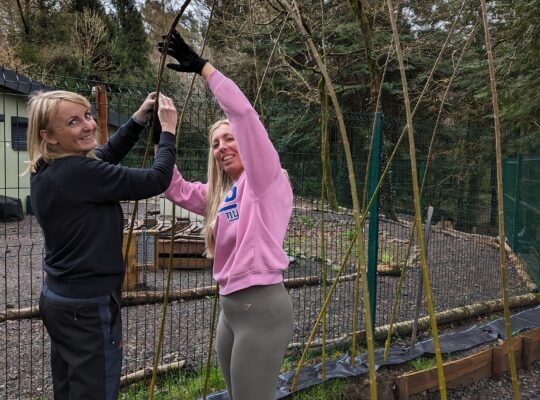Plants Flowering Early & Climate Change
Some plants in the UK are flowering a month earlier than in 1987 – but why is this and what are the impacts?
Biodiversity (the variety of plant and animal life) is continually being altered by climate change. In recent years climate change has advanced at a rapid pace. Global mean temperatures have risen by approximately 0.99ºC since the 1850s, and is likely to reach 1.5ºC by 2030, which is causing implications worldwide. Glacier and sea ice melt are occurring at a much quicker rate, the frequency of extreme weather events is increasing and sea levels are expected to rise. Species are forced to react to this change in their environment; do they try to adapt to the new conditions? Do they migrate to favourable conditions? Failing to do this they may be under threat of extinction.
An example of species responding to climate change is through phenological change. Phenology is the broad term used to describe the timing of life history events such as flowering and fruiting of plants, the emergence of insects and the arrival, departure and nesting dates of birds.
Plants in the UK are flowering an average of 26 days earlier than in 1987. A noticeable species that you can see this change within Penllergare Valley Woods is the Snowdrop. Since 1952, the flowering of the Snowdrop has advanced by 6.2 day per decade! However, an earlier flowering time of Snowdrops has the ability to desynchronise key interactions such as those with its pollinators (e.g. bumblebees) and seed dispersers (e.g. ants). As a result, there can be large scale impacts across the food chain.
If climate change continues at the going rate, spring could start as early as February and have repercussions for many species unable to adapt to the pace of change.
By Elen Peel
“Here at Penllergare , we are a vital green lung for northern Swansea and we have been developing climate adaptation plans and implementing renewable energy measures to help us achieve net zero carbon in the coming years”
Lee Turner, General Manager – The Penllergare Trust.


